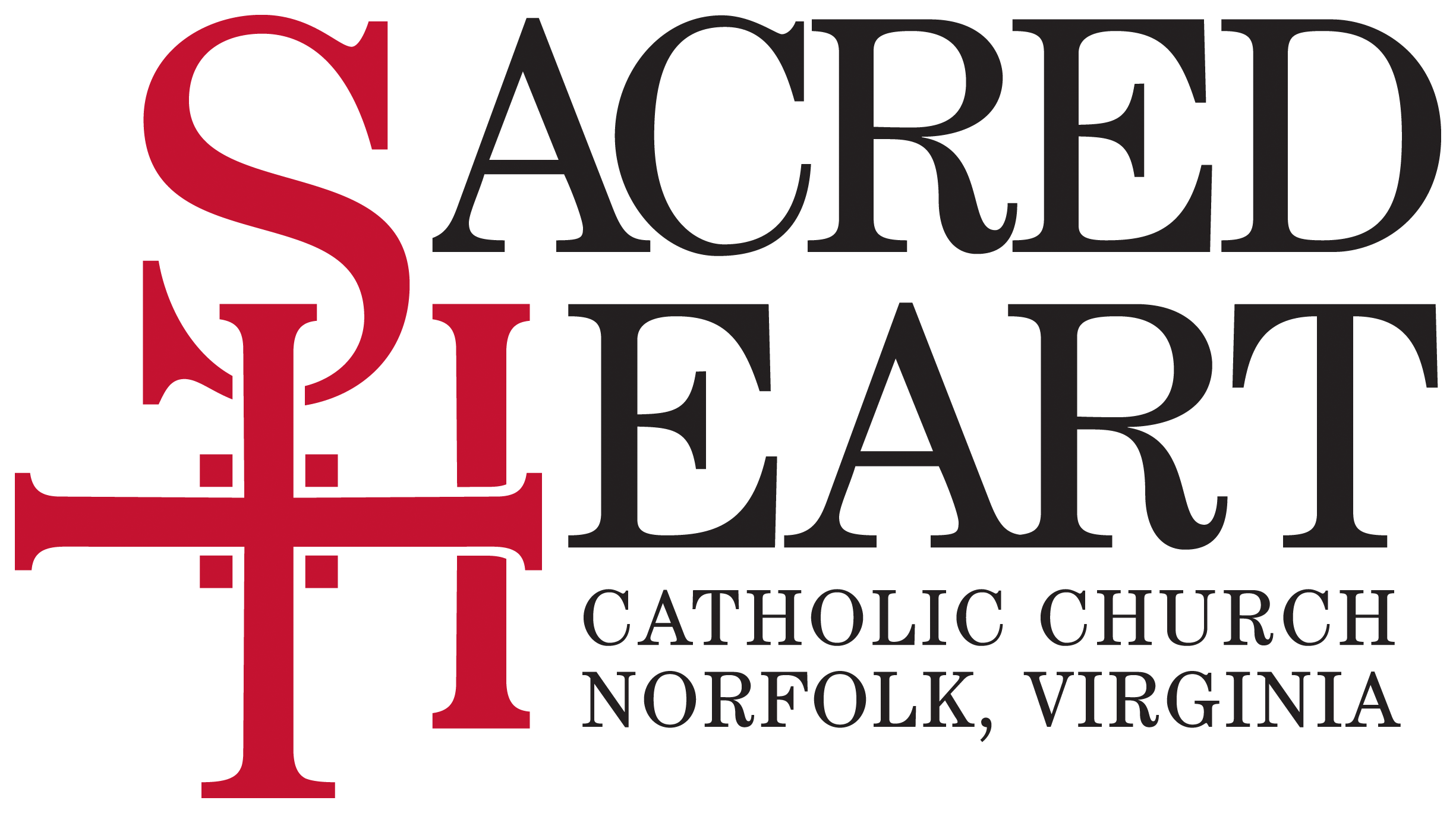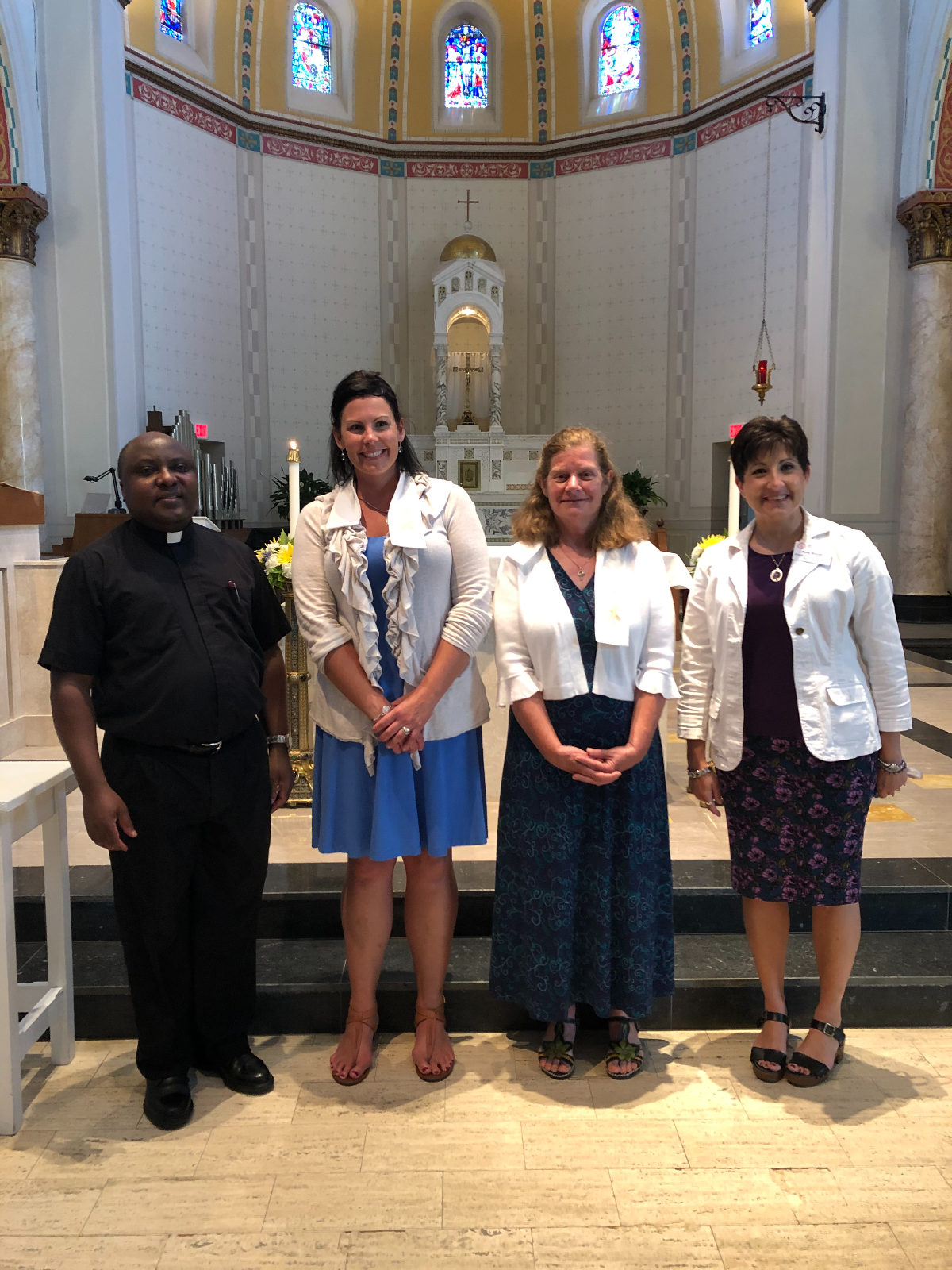RCIA
at What is the RCIA?
The RCIA, which stands for Rite of Christian Initiation of Adults, is a process through which non-baptized men and women enter the Catholic Church. It includes several stages marked by study, prayer and rites at Mass. Participants in the RCIA are known as catechumens. They undergo a process of
conversion as they study the Gospel, profess faith in Jesus and the Catholic Church, and receive the sacraments of baptism, confirmation and Holy Eucharist. The RCIA process follows the ancient practice of the church and was restored by the Second Vatican Council as the normal way adults prepare for
baptism. In 1974, the Rite for Christian Initiation for Adults was formally approved for use in the United States.
Catechumens? Candidates?
What do these words mean? They are terms to describe people in the process of becoming Catholic, the process we call the RCIA (the Rite of Christian Initiation of Adults). If they have never been baptized, they are called catechumens, a name from the very early church. If they have been baptized in another Christian tradition, they are called candidates. The Catholic Church recognizes other Christian baptisms if it was a Trinitarian Baptism.
Catechumens?
Catechumens usually are in the process of the RCIA (Rite of Christian Initiation of Adults) for a full year so that they can experience the rhythm of the liturgical year, so that they live through a full Advent and a full Lent and Easter season. Catechumens usually are accepted into the church at the Easter Vigil unless some circumstance in their lives (deployment, sickness, for instance) prevents them. They are baptized, confirmed and take their first communion at that Easter Vigil.
For the Catechumens, the unbaptized, the process consists of 4 stages.
- FIRST: PreCatechumenate (Inquiry): A chance to look into what it means to be part of the Catholic faith. During this stage a person may be referred to as an inquirer.
- SECOND: Catechumenate: A chance to become familiar with the scriptures, Jesus Christ and the Catholic Church. During this stage a person is referred to as a catechumen.
- THIRD: Purification and Enlightment (during Lent): This is the last 6 weeks before celebrating the Sacraments of Baptism, Eucharist and Confirmation at the Easter Vigil. During this stage a person is referred to as the Elect.
- FOURTH: Mystogogy: A newly baptized person in the Catholic Church begins to participate fully in the life of the community. During this stage a newly baptized person is referred to as a Neophyte.
Candidates?
A term to describe people in the process of becoming Catholic, the process we call the RCIA (the Rite of Christian Initiation of Adults). If they have been baptized in another Christian tradition, they are called candidates. The Catholic Church recognizes other Christian baptisms if it was a Trinitarian Baptism. For a baptized person this process can last from several months to 1 or 2 years. It depends on the person and their commitment to the process. Candidates can celebrate “Reception into Full Communion with the Catholic Church” at any point in the year, except Advent and Lent. This means that the process is truly individualized.
Reception into Full Communion with the Catholic Church
What is meant when people refer to men and women coming into “full communion with the Church”?
Coming into full communion with the Catholic Church describes the process for entrance into the Catholic Church for men and women who are baptized Christians but not Roman Catholics. These individuals make a profession of faith but are not baptized again. To prepare for this reception, the people,
who are called “candidates,” usually participate in a program to help them understand and experience the teachings and practices of the Catholic Church. Some preparation may be with catechumens preparing for baptism, but the preparation for candidates is different since they have already been baptized and
committed to Jesus Christ, and many have also been active members of other Christian communities.
To find out more about the RCIA process contact Sr. Linh at srlinh@sacredheartnorfolk.org




